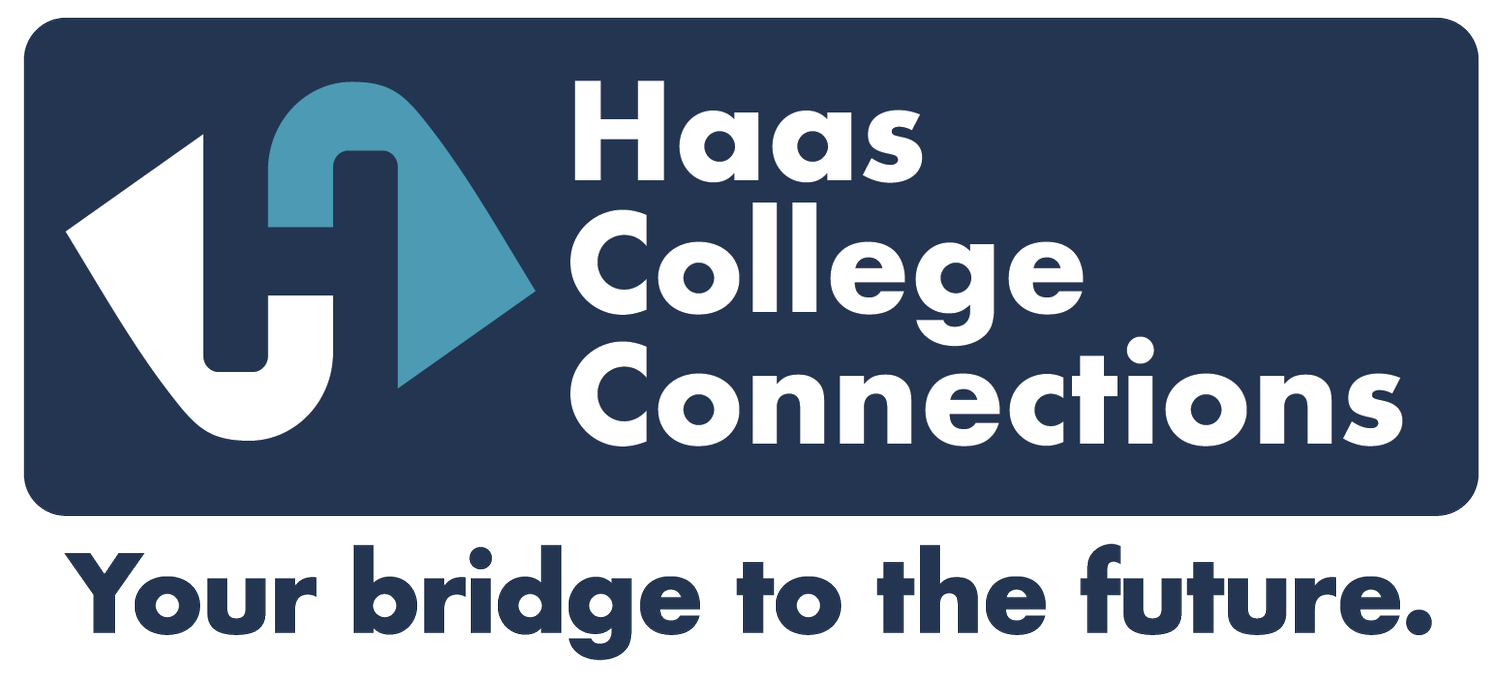Supreme Court Ruling
Most likely you have already heard about last month’s Supreme Court ruling against the race-conscious admissions programs at Harvard and the University of North Carolina, and in effect many other institutions with similar admissions programs. While many colleges have been expecting this ruling they have waited to make their plans public should the ruling come to pass. It is also important to note that nine states - California (1996), Washington (1998), Florida (1999), Michigan (2006), Nebraska (2008), Arizona (2010), New Hampshire (2012), Oklahoma (2012), and Idaho (2020) - have policies with previous bans on affirmative action.
Prior to this recent SCOTUS ruling, both public and private colleges and universities in states where affirmative action had been permitted, paid close attention to the potential benefits that a racially diverse student body provides. If you are a parent of a high school student, you are probably wondering how the end of race-conscious admissions will affect your child and college admissions in general. First of all, almost all students who apply to the vast majority of the close to 4,500 colleges in our country gain acceptance. Where it will make the most difference is in the world of selective colleges. One recent example is at Sarah Lawrence College in New York where students now have an opportunity to respond to the recent SCOTUS decision by “drawing upon examples from your life, a quality of your character, and/or a unique ability you possess, describe how you believe your goals for a college education might be impacted, influenced, or affected by the Court’s decision”.
Another recent example is Tufts University which now asks students to choose one of the three new essay prompts:
How have the environments or experiences of your upbringing – your family, home, neighborhood, or community – shaped the person you are today?
It’s cool to love learning. What excites your intellectual curiosity?
Using a specific example or two, tell us a way that you contributed to building a collaborative and/or inclusive community.
Both Tufts and Sarah Lawrence’s responses will most likely be echoed with similar essay questions in the applications of other institutions throughout the country. This is due to the following words included in the Court’s opinion: “nothing in this opinion should be construed as prohibiting universities from considering an applicant’s discussion of how race affected his or her life be it through discrimination, inspiration, or otherwise. But, despite the dissent’s assertion to the contrary, universities may not simply establish through application essays or other means the regime we hold unlawful today.” Because colleges and universities are permitted to consider “applicant’s discussion,” it is reasonable to assume that many institutions will follow suit by creating a Supplemental Essay question which seeks to discover the ways in which a student’s race has played a role in their experience.
Clearly, students are free to write about their unique personal experiences with race in their personal statements. It is not my intention to be political as it is not my job or my role as an Independent Educational Consultant. What concerns me is the impact the recent SCOTUS decisions may have on students. The purpose of the personal statement is to provide admissions officers with a more nuanced understanding of an applicant beyond test scores, class rank, and GPA. Admissions officers seek to form a holistic view of each applicant and the essay is a crucial component of this analysis. What worries me is that students will feel compelled to write about some sort of tragedy or mental health crisis. It is also perfectly acceptable to write about the joy one derives from playing the piano, scoring the winning goal, or the challenges of taking care of one’s siblings while parents are at work.
Hopefully, the recent words of an Assistant Director of Admissions at a large state university will offer some relief to those of you struggling to find the perfect essay topic: that the responsibility belongs to the professionals, the high school counselors who write school profiles and letters of recommendation, the admissions professionals who visit high schools, review applications, and ultimately decide who gains admittance. He also added that the “burden should not be on students to lay out the particulars of how they were impacted by racism so that admissions teams can understand”.
Ultimately, we are left to wait and watch as the college admissions world reacts to this and other decisions in the current application cycle and beyond. Without a doubt, we can expect changes which is all the more reason that it is crucial for students to apply to a wide range of colleges, demonstrate interest, and perhaps apply to more schools than they might have in the past in order to ensure a landing spot. In my role as an advisor I will encourage some students to write about race when it directly affects their experience. But above all else, I will continue to prioritize the well-being of my students throughout the application process as I guide each of them to discover their strengths and stories.
P.S. As I was writing this Wesleyan University announced the end of their legacy admissions.
